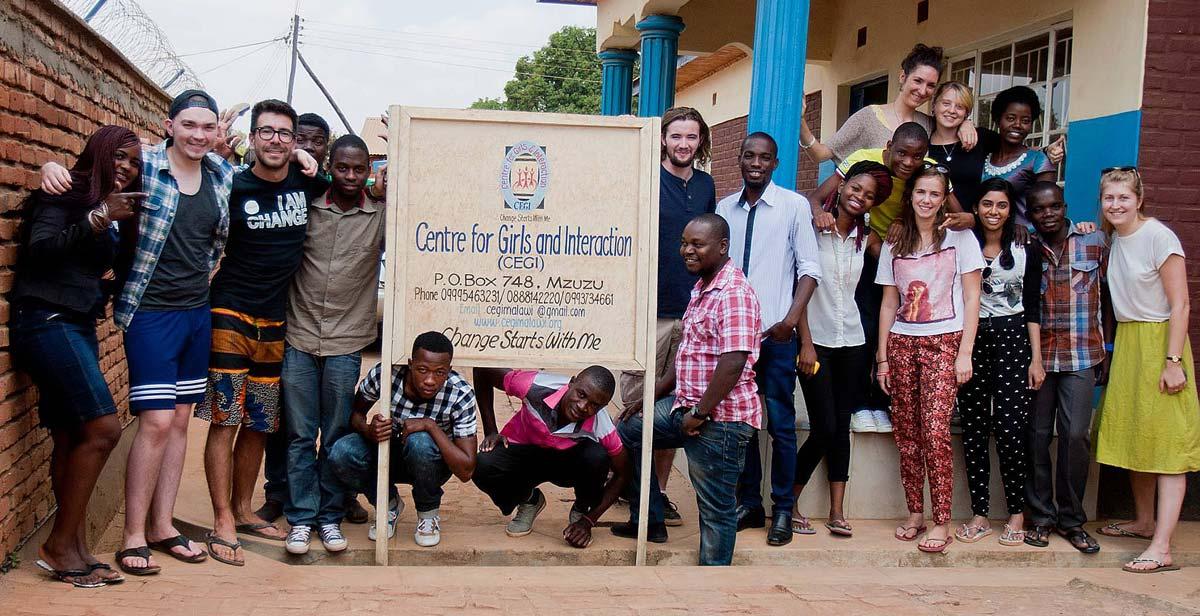Wellington Sibande took part in Progressio ICS first as a volunteer, from July to September 2015, and later as a Team Leader in Mzuzu, Malawi, from October to December 2015. Following his ICS experience, he was invited to speak at the Girls Education Forum in London, which took place on 7 July.
What inspired you to become an ICS volunteer/Team Leader?
I wanted to improve my leadership skills, lead a group of people with different backgrounds and diverse cultures, work cross-culturally, make new friends, gain public speaking skills and learn.
What was your team’s project aims and objectives?
I volunteered alongside CEGI (Centre for Girls and Interaction) to raise awareness on sexual and reproductive health rights (SRHR) among youth, on the importance of keeping girls in school and on gender equality.
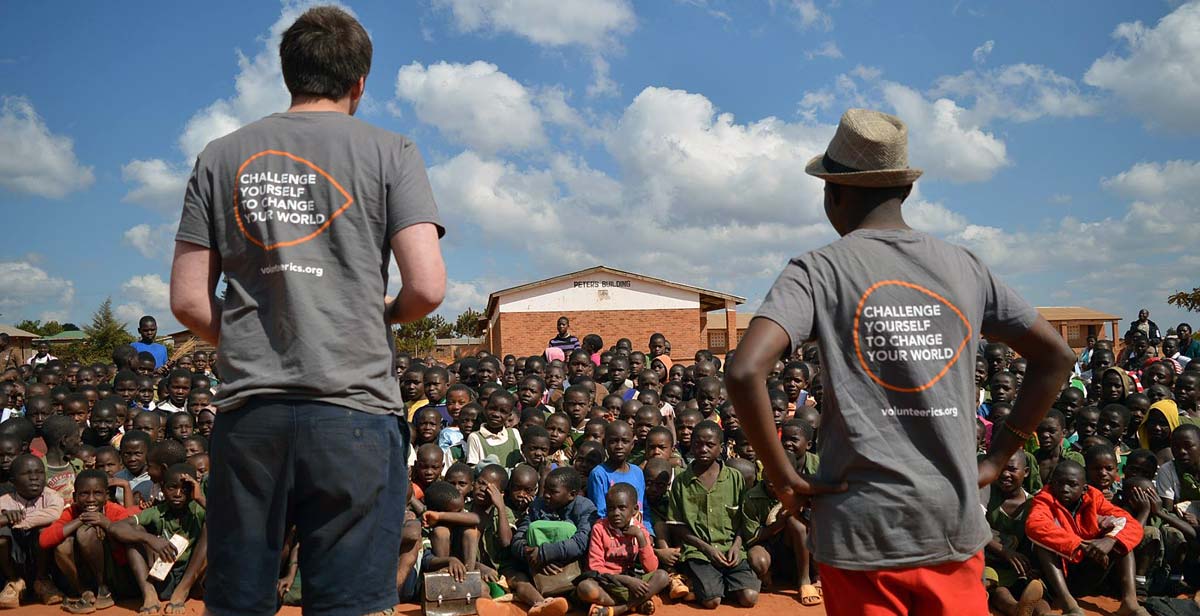
Did your team achieve the project aims and what are some of the team highlights and achievements?
Yes, we achieved all the objectives and smashed all the targets. We organised meetings with traditional and faith leaders on the importance of keeping girls in school, conducted sessions in both primary and secondary schools on the importance of education, set up four youth groups (one was a girl’s club), and organised a number of community events on SRHR.
The main highlights for the team were the meetings with faith leaders on keeping girls in school - they committed to joining in keeping girls in school and were keen to help. I would also highlight the community events on SRHR, where we managed to get almost 200 people tested for HIV.
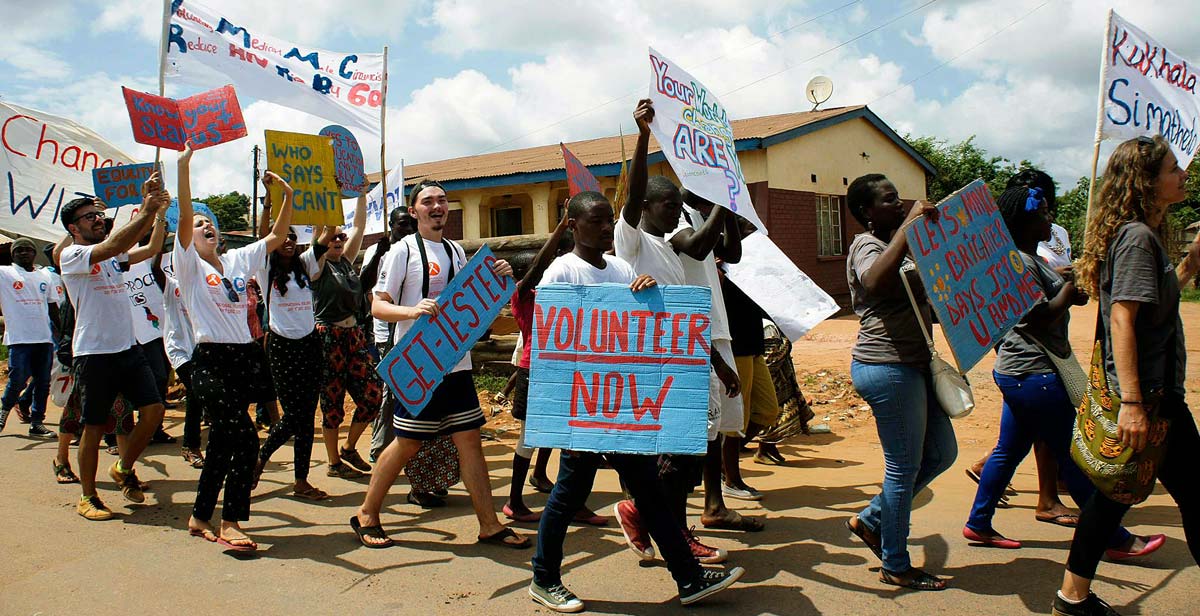
What did you learn, develop and enjoy most about your role and experience as an ICS Team Leader?
I learnt how to work cross-culturally, taking a lead in issues affecting me, my fellow youths and my community. I developed good interpersonal skills with team mates as well as the community, and I also developed strong connections with community leaders (both traditional and faith leaders) and the local media.
As an ICS Team Leader, I enjoyed most when it came to planning and delivering the sessions. I was so confident that no matter what we would get the job done, which we did.
And what were some of the key challenges and lessons learnt?
There was a challenge at times with poor coordination between the organisation and the ICS volunteers. Another initial challenge was embedding a team work ethic, and in the end we succeeded in this. Despite these challenges, we met our targets and learnt from the experience.
I learnt that if you want to pursue something you need to have passion for it and learning new things comes to open minded people - you got to be open minded if you want to learn.
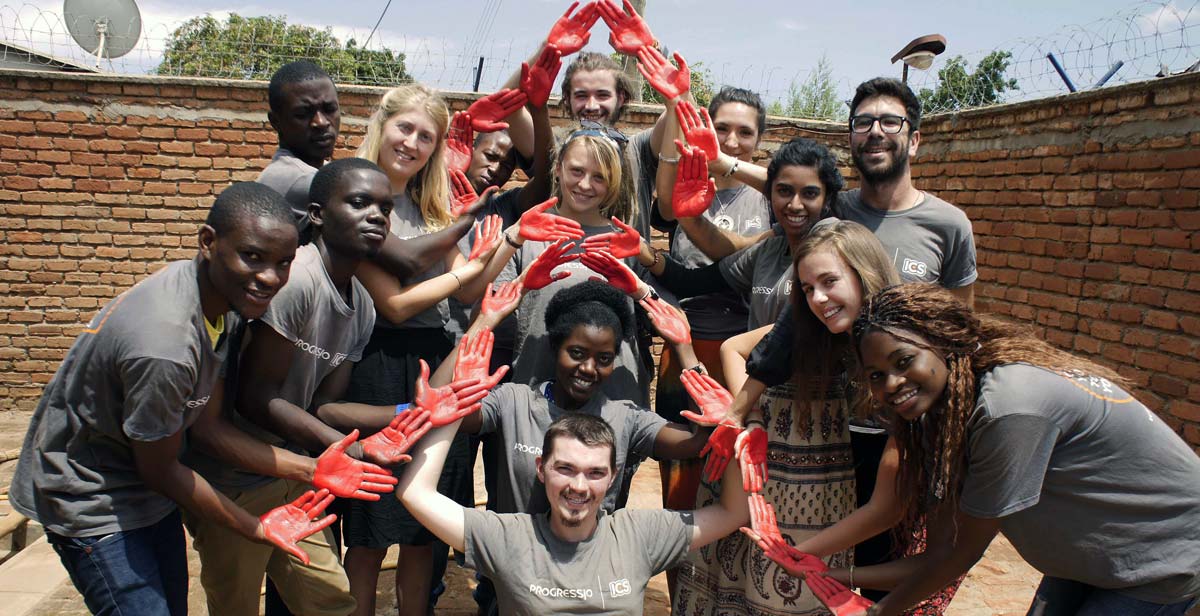
Do you see your experience as a Team Leader influencing your career/future direction, and helping you to get to where you want to go?
There is so much influence from this experience. I have gained so much confidence in doing some things that I was limiting myself on. I have just opened up a business, which back then I wouldn’t dare doing. I am now able to engage/talk to influential people on some issues affecting the community.
What advice would you give to someone who is thinking of becoming an ICS Team Leader?
You don’t have to think twice, just do it. Being an ICS Team Leader is so much more rewarding than you would ever imagine. You will get to learn so much and meet a lot of people. You just have to be positive minded about everything and passionate about the projects you and your team are involved with.
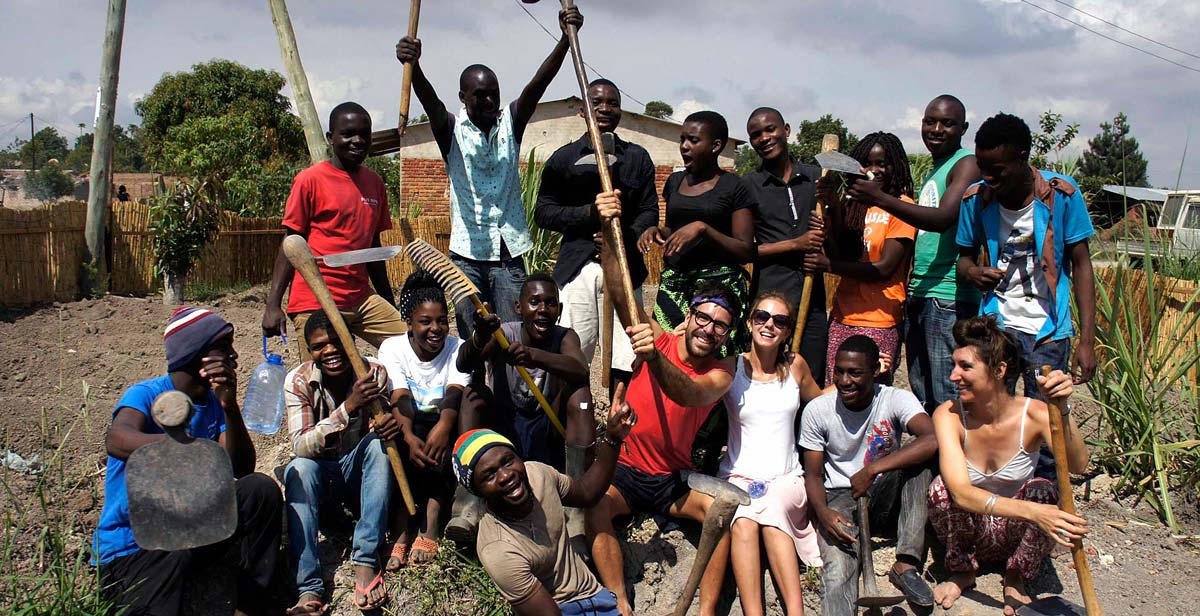
How did you feel about taking part in yesterday’s Girl Education Forum?
I felt great and honoured to take part. It gave me a chance to share my own experiences on girl’s education to the world.
What were some of your personal highlights?
Well the whole thing was well set up. The plenary and ‘hot seats’ were great. The stalls with the workshops from different departments and organisations, and the ‘high pitch plenary’, were amazing, though it was noisy.
What are some of the main barriers facing young girls in accessing education in Malawi?
I would say that in Malawi the main barriers are biased cultural and social norms that favour boys, the lack of learning resources and school facilities, a shortage of trained teachers, and poverty.
How can some of these barriers be addressed?
Civic education on the bad and biased cultural and social norms, building more school blocks and recruiting more teachers, and finally establishing sustainable community businesses to end poverty and reduce/end dependency on donations.
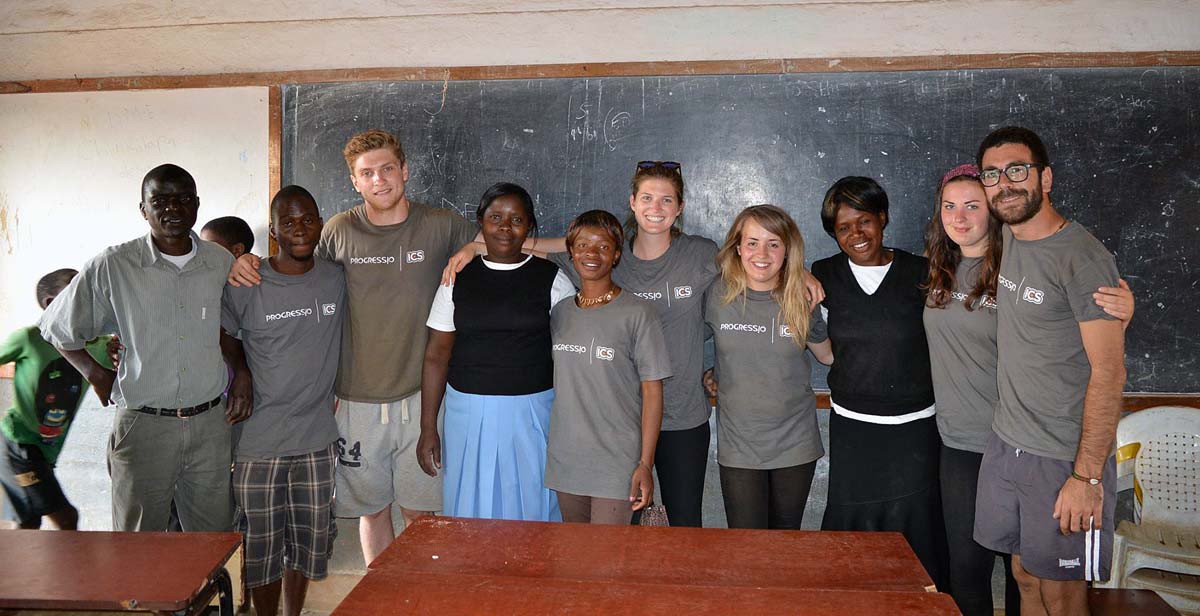
Based on your experience as an ICS Team Leader in Malawi, what role can ICS volunteers play in tackling these issues, in Malawi and here in the UK?
ICS volunteers have to continue working in these areas and continue delivering sessions to change the mindsets of the people on culture and education. They should also conduct trainings with the communities on entrepreneurial skills, how communities can make and save money and why it is important to save.
Yesterday you mentioned in the forum that ‘men are an essential part of this movement’. What can they do?
Men have to look at their attitudes and should change their behaviour. We should start treating girls/women as our equals. We should join hands and support every effort that promotes girls’ education. Development comes to people who are educated.


